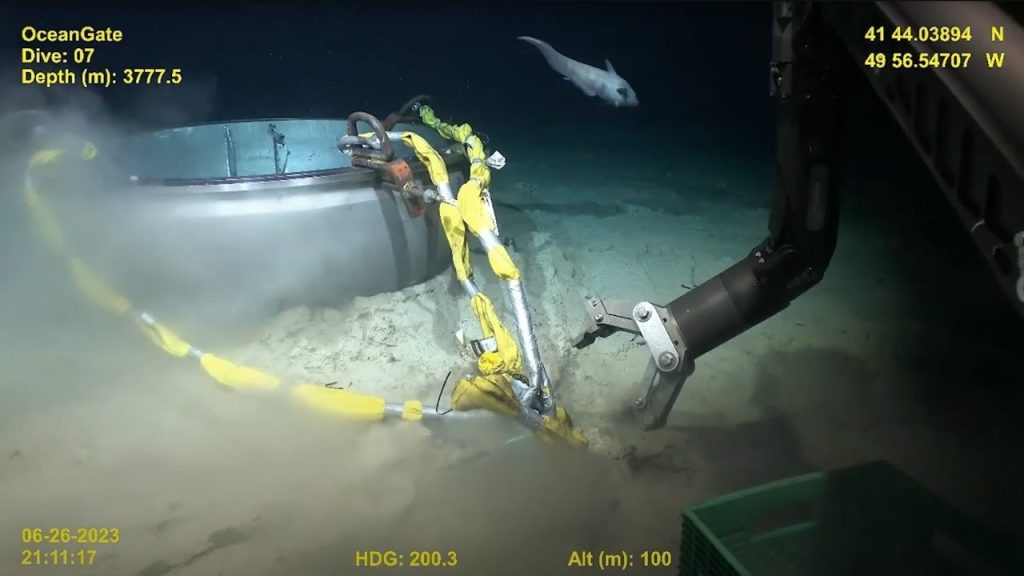In June of 2023, footage was released by the U.S. Coast Guard showing efforts to salvage wreckage of OceanGate’s Titan submersible, which imploded during a dive to the wreck of the Titanic in the North Atlantic. Former director of engineering, Phil Brooks, stated that the company’s financial troubles led him to leave the company in 2023 as he felt safety was being compromised. The implosion resulted in the deaths of five crew members, including OceanGate’s CEO Stockton Rush. Discussions during the investigation focused on a loud bang heard during a previous dive in 2022, and maintenance issues with the submersible.
During the Coast Guard hearings, it was revealed that financial issues at OceanGate were so severe that employees were asked to forgo pay for periods of time in 2022. Phil Brooks mentioned that he left the company around the time maintenance on the carbon-fiber hull of the submersible was neglected due to the prohibitive cost of shipping it back to Everett for inspection. This neglect may have contributed to the weakness of the hull leading to the implosion in June 2023 that resulted in the loss of the sub and its crew.
OceanGate, founded in 2009, aimed to create a new business model for deep-sea exploration. Co-founder Guillermo Söhnlein explained that the company’s goal was to make deep-sea exploration more affordable, enabling more individuals to participate in research expeditions. Söhnlein offered insights during the hearings, highlighting how financial difficulties and safety concerns impacted the operations of the company. He left the company in 2013 but remained connected to the mission of expanding access to the deep oceans.
The Coast Guard also discussed the need for updated regulations relating to submersibles. Roy Thomas of the American Bureau of Shipping highlighted the challenges of certifying subs with carbon-fiber hulls and noted that OceanGate’s decision not to have Titan certified due to concerns about innovation hindered safety protocols. Thomas called for a review of existing regulations and guidelines to prevent future safety incidents in crewed submersibles. He emphasized the importance of following established safety procedures to avoid risks in deep-sea exploration.
An intense exchange between OceanGate’s CEO Stockton Rush and his director of marine operations, David Lochridge, was revealed during the hearings. Rush’s commitment to safety was called into question as Lochridge expressed concerns about the Titan sub’s safety. The meeting resulted in Lochridge being fired, leading to a dispute and whistleblower protection filing with OSHA. Lochridge implied that the OceanGate tragedy could have been prevented if his concerns had been addressed earlier, shedding light on potential safety lapses within the company.
The Coast Guard hearings provided a detailed look into the events leading up to the implosion of OceanGate’s Titan submersible and the subsequent loss of the crew. Financial difficulties, maintenance issues, and safety concerns were key factors discussed during the investigation. The calls for updated regulations and guidelines for submersibles highlighted the need for stricter safety protocols in deep-sea exploration. The testimonies of former employees and company founders offered insights into the challenges faced by OceanGate and the consequences of compromised safety measures in the industry.


